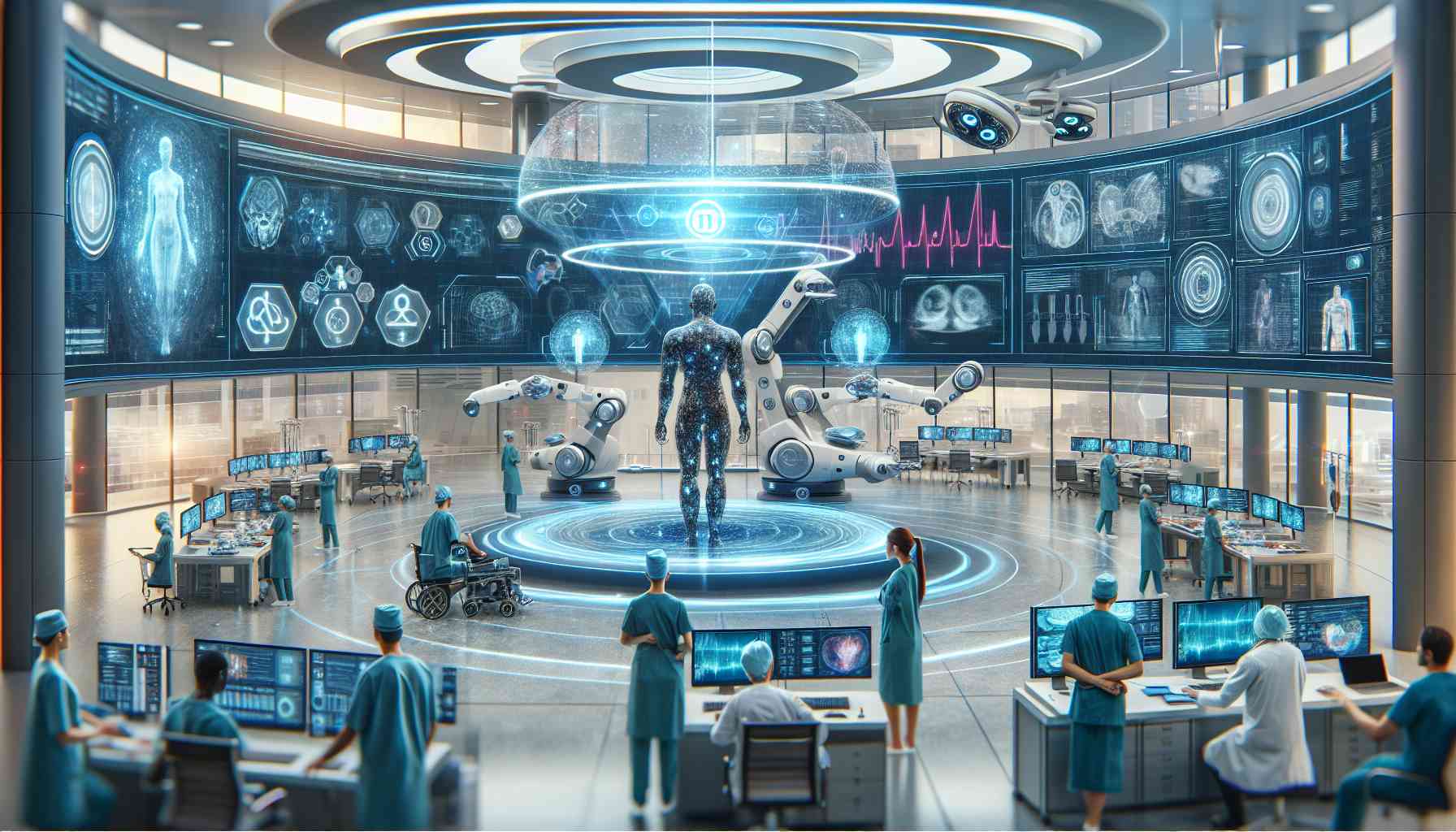A groundbreaking research paper from Google scientists titled “Towards Conversational Diagnostic AI” has shed light on the potential of artificial intelligence (AI) in transforming healthcare workflows. The study focuses on a healthcare-specific AI system called the Articulate Medical Intelligence Explorer (AMIE) that was trained to conduct medical interviews and interact with patients.
The results of the study showed that AMIE demonstrated greater diagnostic accuracy and outperformed human doctors on various metrics. In fact, the AI chatbot was more successful in diagnosing respiratory and cardiovascular conditions and even scored higher on empathy compared to physicians. However, it is important to note that the research paper has not yet been peer reviewed and the system was tested on actors portraying patients, rather than real individuals with health issues.
Despite the potential benefits offered by AI in healthcare, there are concerns among adults regarding AI-driven healthcare decisions. Some express worries about biases in AI algorithms and fear that AI may lead to worse outcomes. However, experts emphasize that AI is not intended to replace healthcare providers entirely but rather to enhance their capabilities. Physicians who incorporate AI into their practice may eventually outperform those who do not.
The use of AI in healthcare has the potential to democratize access to quality care. AI systems can increase accessibility, consistency, and the overall quality of care delivery on a scalable level. This is particularly important as many individuals around the world have limited access to doctors. Even if an AI system provides only a fraction of a physician’s knowledge and capabilities, it can still offer significant value.
AI’s greatest potential lies in creating a robust knowledge base that equips healthcare workers with the tools to deliver consistent and high-quality care quickly, at scale. By utilizing AI at critical junctures in care delivery, healthcare systems can optimize their resources and allocate providers to more urgent and strategic cases.
While the integration of AI in healthcare is a significant advancement, it is crucial to maintain a balance between technology and the human touch. The experience and expertise of healthcare providers are essential and cannot be replaced entirely by AI. AI should be seen as a tool to augment healthcare, combining the best of both worlds to provide optimal care to patients.
The source of the article is from the blog maltemoney.com.br

